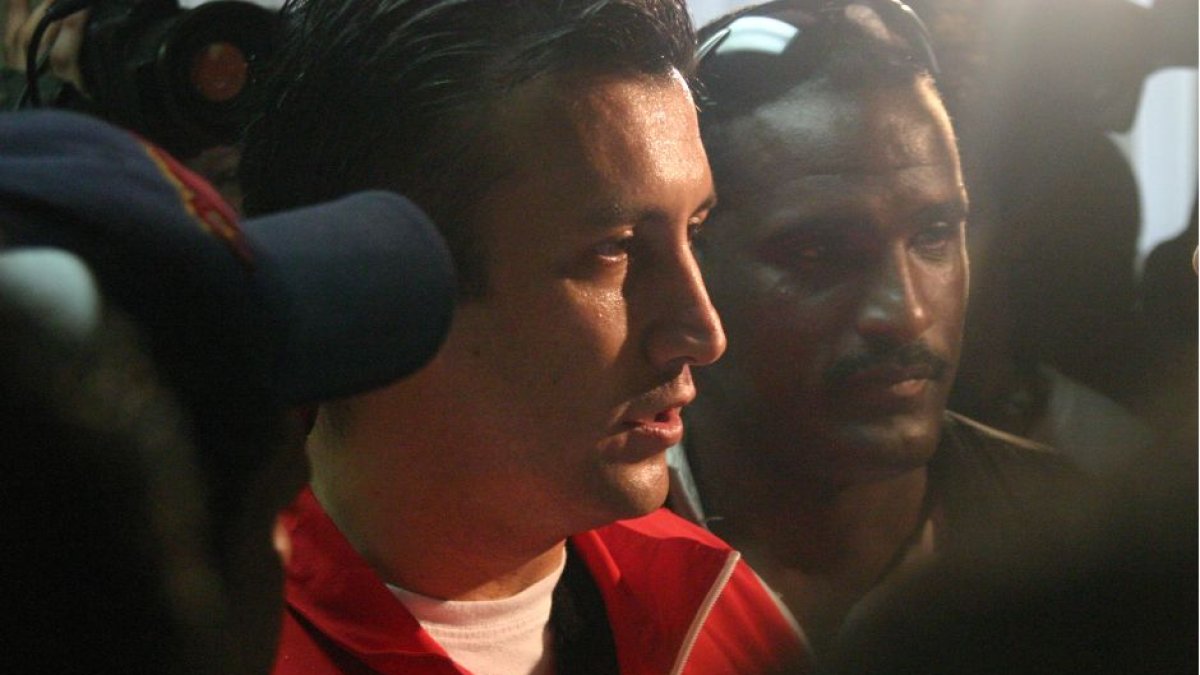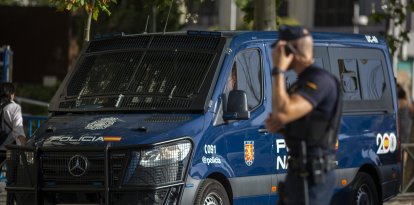The fall of Tareck el Aissami
The reasons why Venezuela's oil 'super-minister' lost power.

Alba Madriz/Flickr
Since the death of Hugo Chávez, Venezuela is controlled by three people. The first is Nicolás Maduro. The other two are Vladimir Padrino, who manages the Armed Forces with an iron fist. The second is Diosdado Cabello, who is in charge of the business network, drug trafficking (he is the leader of the cartel of the Suns), the media, and also has strong support in the Army. Tareck el Aissami seemed to be aiming high and was already gaining traction among the great hierarchs of the regime. That was, until last Monday when the oil minister and one of the heavyweights of the Chavista dictatorship decided to leave office 'motu proprio' after an investigation by the National Anti-Corruption Police into an embezzlement of more than $3 billion in the Venezuelan state oil company, PDVSA, where he was one of the lead executives, went public. According to him, he stepped down in order to clear the way for the investigation and to provide all the necessary information. This move has unleashed speculation about what is behind this surprising move, which has led to more than a dozen arrests, all members of the entourage of this Venezuelan politician of Syrian and Lebanese origin.
The first hypothesis that is being considered in Venezuela about this surprising investigation is Maduro's reaction to the disloyalty of a close collaborator, whose ambition and proximity to power (and to the good life that comes with keeping the money from the sale of Venezuelan oil) was turning him into an uncomfortable and dangerous person. However, there is much more. Although there are no concrete accusations against El Aissam, as far as we know, he remains in Venezuela, Maduro must have him in custody and is probably willing to hand him over to the United States in exchange for Alex Saab, his frontman and one of the people who has helped Nicolás Maduro the most when it came to circumventing the sanctions imposed against Venezuela by the United States. Saab remains in prison in the U.S. and there has always been speculation of an exchange for U.S. citizens imprisoned in Caracas.
Biden helps chavismo
Joe Biden's arrival at the White House has brought relief to Chavismo after the harsh sanctions imposed by the Trump Administration. The war in Ukraine triggered the Western world's need for oil and Macron's timely intervention reopened the doors of the international community to Nicolás Maduro. This context explains another theory in Venezuela. The Democratic president is said to have offered to lift sanctions and allow American oil companies to return to Venezuela, such as Chevron, and also Spanish companies such as Repsol, in order to reactivate the battered Chavista oil industry. In exchange, Maduro would hand over El Aissami to the United States. He is one of the most wanted persons by the U.S. Justice Department for his links with the Iranian regime, the shipment of weapons and drones to Venezuela and drug trafficking.
That is the likely and very real hypothesis of betrayal. Tareck el Aissami could already be in the United States, or on his way, to seek protection from the great enemy of the North in exchange for information that could implicate Maduro, Diosdado or Padrino in illicit businesses.

























